Bangladesh is lagging behind in female-led projects: Sadia Khalid Reeti
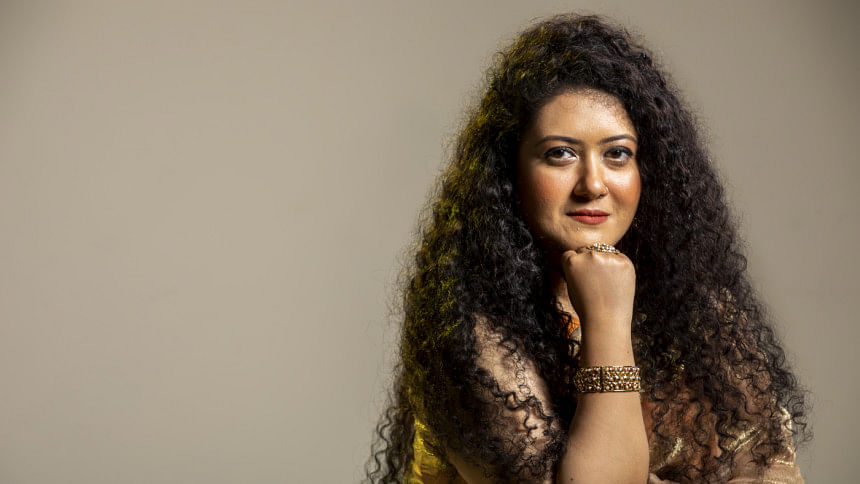
From penning screenplays to critiquing global cinema, meet Sadia Khalid Reeti– who has navigated the complexities of a male-dominated industry with grace and determination. A multi-faceted talent, Reeti wears the hats of film critic, screenwriter, and journalist with equal aplomb, bringing a fresh perspective to an industry often set in its way.
Fresh from her second stint as a jury member under the International Federation of Film Critics (FIPRESCI) division at the prestigious 77th Cannes Film Festival, Reeti has also secured her place on the Golden Globes voting panel for an impressive third consecutive year. Her sharp critical eye and deep understanding of cinema have earned her respect in film circles around the globe.
In a recent interview with The Daily Star, this Bangladeshi film critic offers a rare glimpse into the glittering world of international film festivals and the challenges facing her home country's cinema industry.
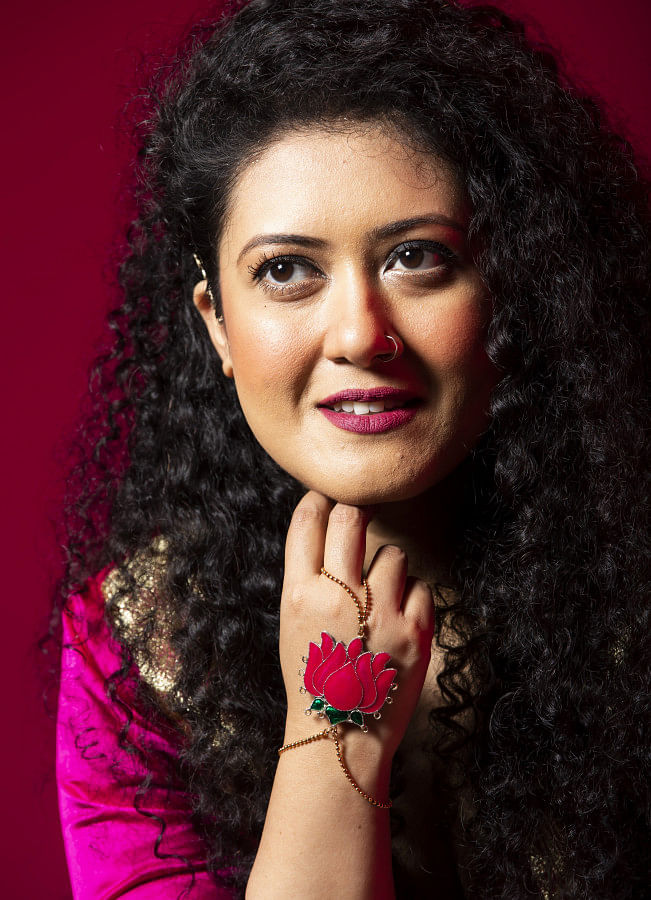
You've recently returned from the Cannes Film Festival as a jury member. How would you describe your experience?
It was exhilarating. This was my second time at Cannes, and I was thrilled to see increased Bangladeshi representation this year. Two of our co-producers, Adnan Al Rajeev and Tanveer Hossain, were present. The festival buzz, the interactions with global filmmakers, and the overall atmosphere were incredible. It's reassuring to see Bangladesh making its mark on such a prestigious international platform.
Congratulations on your third nomination to the Golden Globes voting panel. What's your approach to evaluating films for such a prestigious award?
Thank you! It's an honour and a massive responsibility. The process is incredibly demanding – we're talking about potentially watching over 1000 hours of content. I've learned to be efficient, dropping projects that don't meet the mark early on. It's about balancing quantity with quality of assessment. Given my background, I pay special attention to the screenplay but I strive to consider all aspects – cinematography, direction, acting – to give a holistic evaluation.
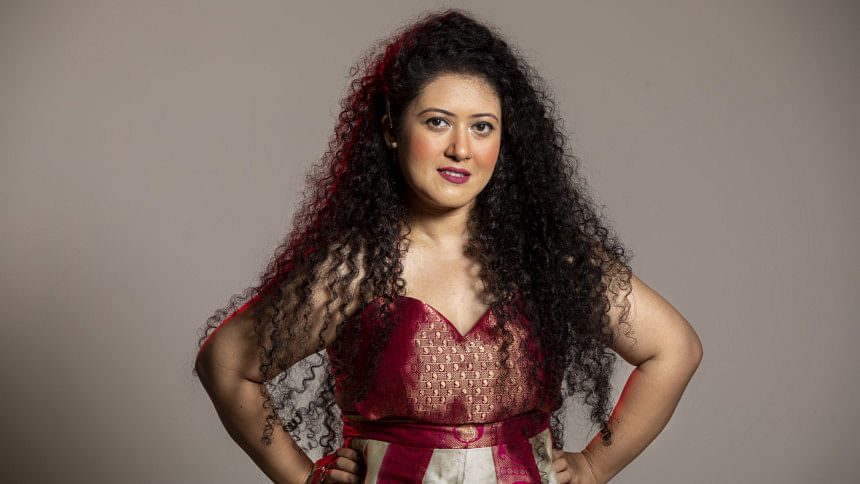
How do you maintain objectivity in your critiques when you have personal preferences as an audience?
It's a delicate balance. Previously, film critics abstained from taking on other roles as it was considered a conflict of interest to play multiple roles within the industry. But the scenario has been evolving lately. Personal tastes inevitably play a role – I'm particularly drawn to fantasy and horror, for instance, and tend to avoid the gruel murder or crime genre. But as a critic, it's crucial to step back and evaluate each work on its own merits. I believe in specialised criticism; someone with expertise in cinematography might offer deeper insights into that area. So, if critics evaluate films based on their area of expertise, I think we can diversify the role of a film critic and take it to the next level.
We cannot survive wearing only one hat in the evolving media landscape; we must wear multiple hats. The key is acknowledging our biases while striving for a comprehensive assessment.
You've worked with major Hollywood studios. Any standout experiences?
Hollywood's pace is relentless, making it hard to dwell on any single project. But if I had to choose, I'd say working on "To the Bone" was a highlight. It's currently on Netflix, starring Keanu Reeves. Interestingly, my least favourite project also starred Reeves – "Siberia", which I haven't brought myself to watch yet.
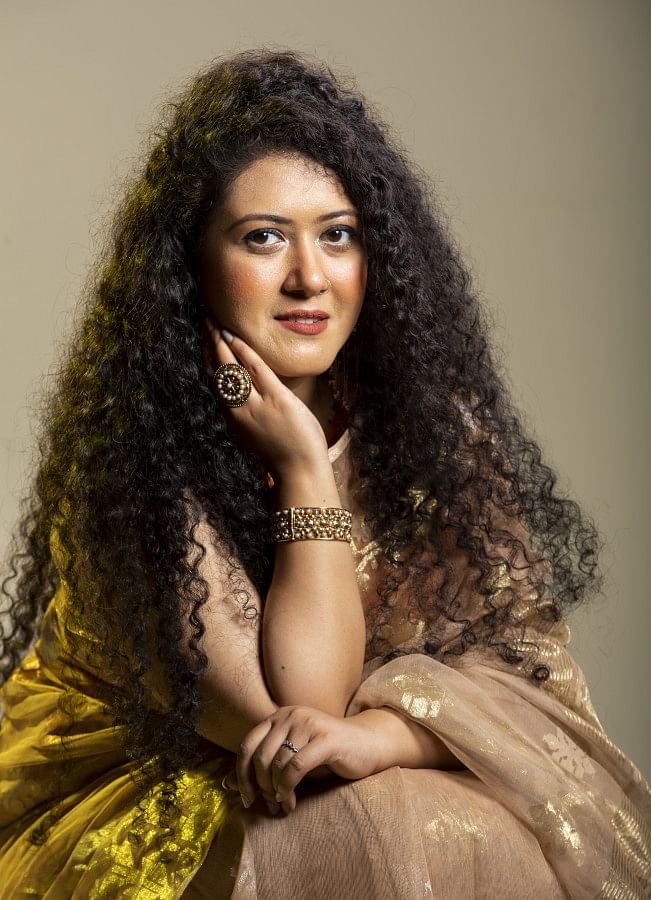
Bangladesh's OTT platforms are buzzing with content, but there seems to be a lack of diversity in storytelling. What's your take on the current state of Bangladeshi cinema?
Frankly, we're stuck in a rut of caution. We are not courageous enough to explore new territories. There's a pervasive fear of trying new things, largely due to the capital-intensive nature of filmmaking and our limited resources. Filmmakers are hesitant to break away from established trends and tend to stick to proven formulas rather than risk innovative approaches.
What we desperately need is more comprehensive market research to understand audience preferences and demands. Until we're willing to take calculated risks, we'll struggle to bring fresh perspectives to our cinema.
As a successful female screenwriter in Bangladesh, what challenges have you faced, and why do you think there aren't more women in your position?
The film industry, not just in Bangladesh but globally, often operates like a "boys' club." Breaking into these established networks is challenging for women. Even when we do get opportunities, there's often pressure to conform to male perspectives. However, I'm optimistic. Things are changing, albeit slowly. I have been serving as a jury member at the Arab Critics Award for the past five years and I've been seeing a significant increase in films by female screenwriters. During the last edition, there were 25 films shortlisted for the award, of which 12 films were by female screenwriters. It's a gradual shift, but it's happening, and I hope it reaches Bangladesh soon.
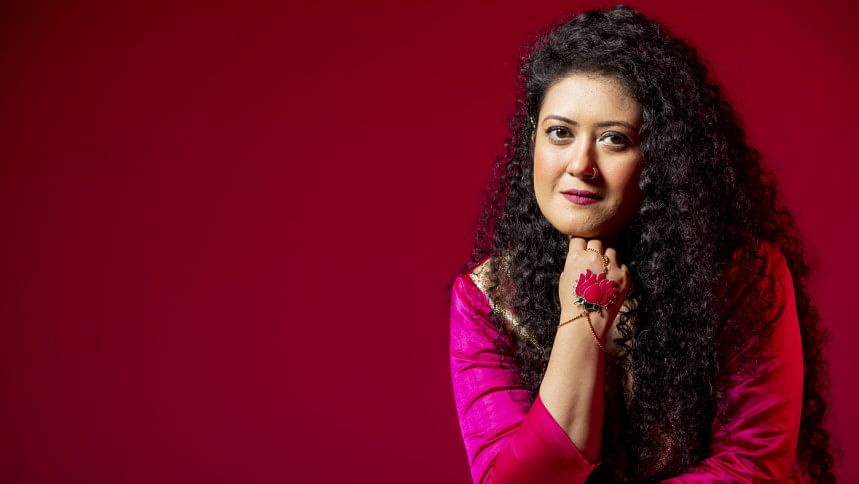
How do you view the representation of women in Bangladeshi cinema, both on-screen and behind the scenes?
It's a complex issue. We're seeing more female-led projects globally, but Bangladesh is lagging. Even when we have films with strong female leads, like "Rehana Maryam Noor", the audience reception can be underwhelming. Surprisingly, films with misogynistic themes often perform better, even among female audiences. It's disheartening, but I believe that as we continue to produce quality, progressive content, audiences will gradually become more receptive.
What advice would you give to aspiring filmmakers and critics in Bangladesh?
Do your research. Analyse films, understand the grammar of screenwriting, and then make it your own. No one's born a genius – it takes consistent hard work to improve. Always seek feedback from experts in the field, and be open to constructive criticism. Remember, cinema isn't a personal project; it's for the audience. And please, avoid shortcuts.
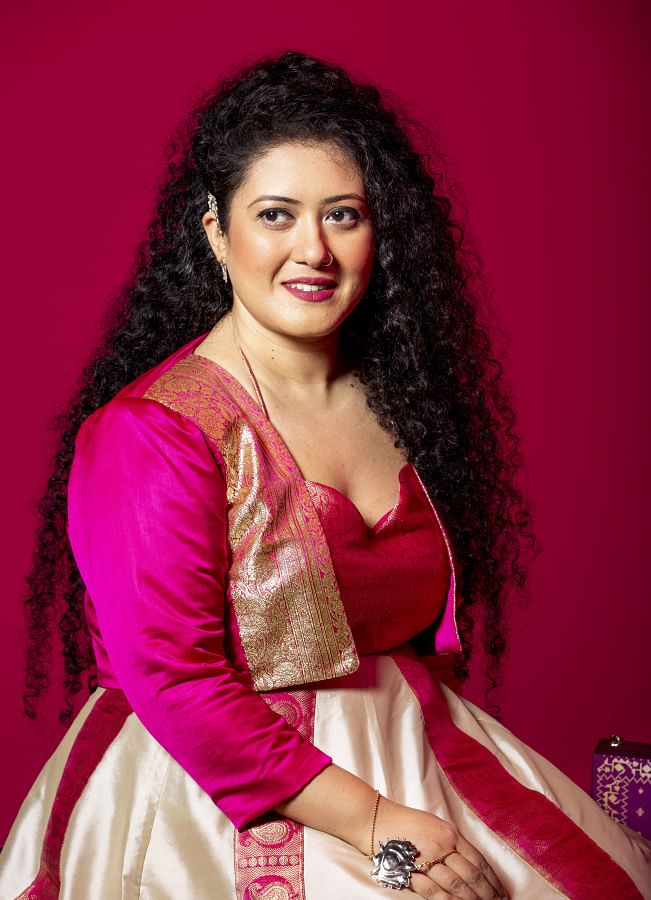
How essential is formal study and research in crafting compelling scripts?
You really need to study, it necessarily doesn't have to be textbooks, you can also study films; there are many courses available online as well. One of the films at Cannes this year, which also won an award, lacked depth in its research. As a native, I noticed these shortcomings that might have eluded the international jury. It's a concerning trend – creators seemingly banking on audiences' limited knowledge about the subject matter. But in cinema, there are no sustainable shortcuts to producing quality works.
Crafting a truly exceptional script demands rigorous research and unwavering dedication. It's this commitment to authenticity and depth that separates enduring classics from fleeting successes.
What are you currently working on?
I have several projects in various stages of development. I'm particularly excited about a documentary I'm working on, chronicling my experiences at the Cannes Film Festival. It's a passion project that I hope will offer insights into the world of international cinema. Additionally, I'm venturing into directing with a new project. I'm currently in talks with potential collaborators.

 For all latest news, follow The Daily Star's Google News channel.
For all latest news, follow The Daily Star's Google News channel. 


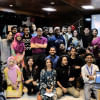
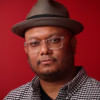
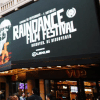


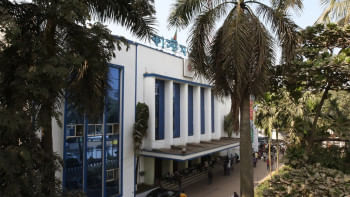
Comments